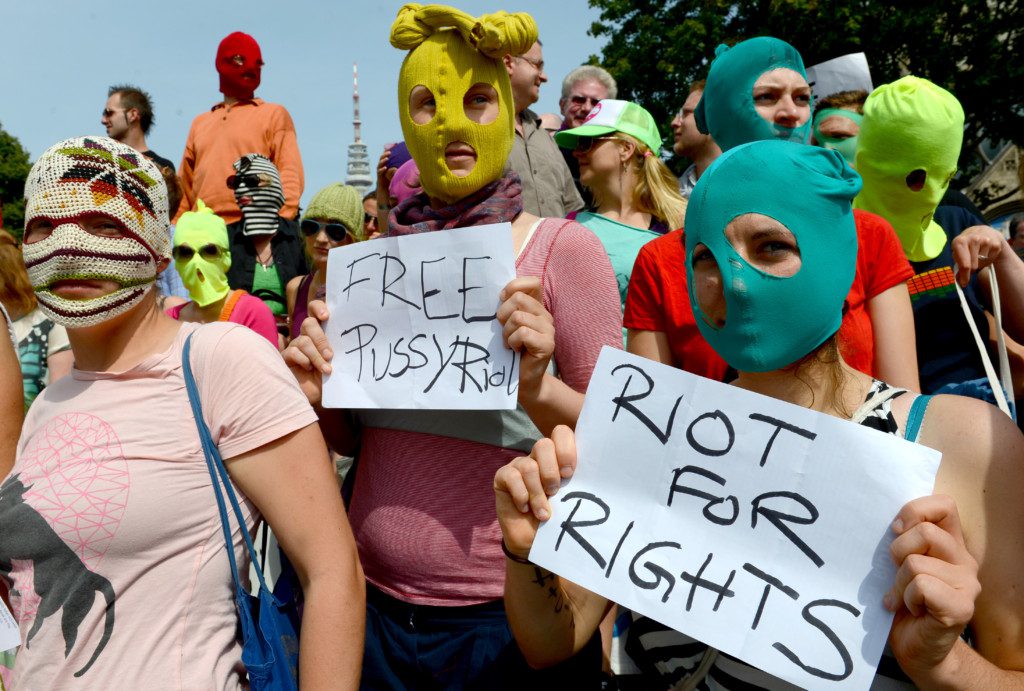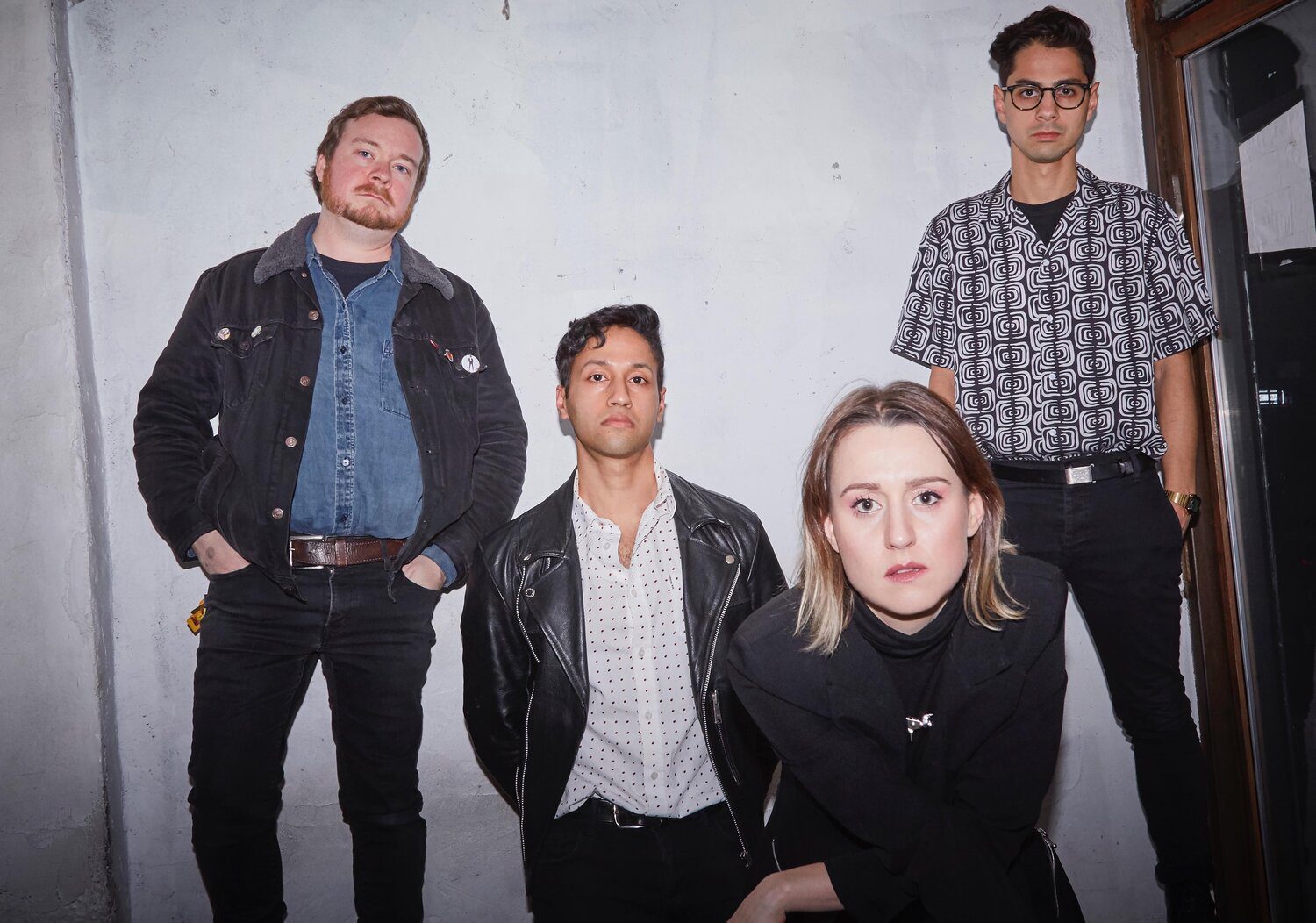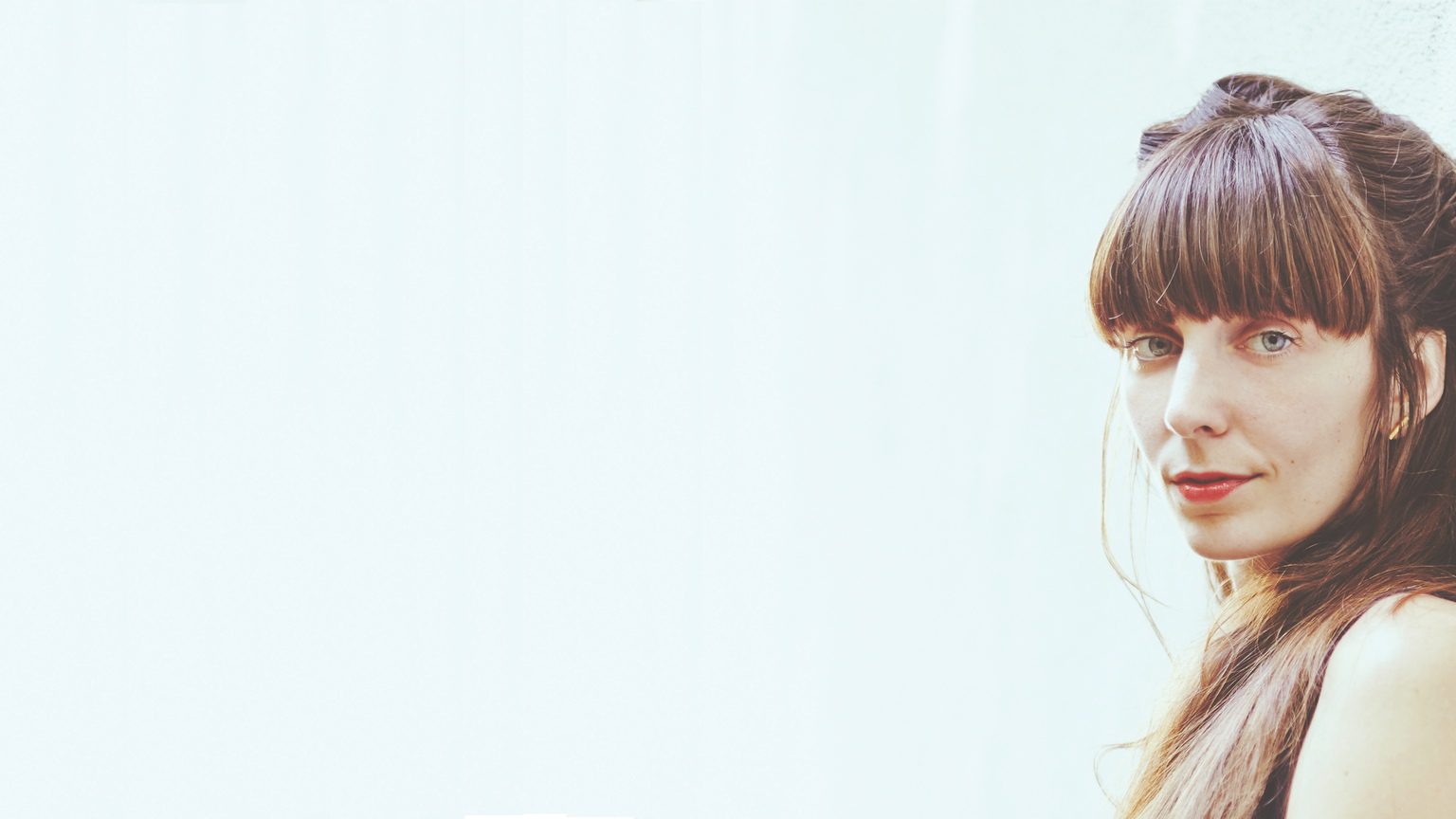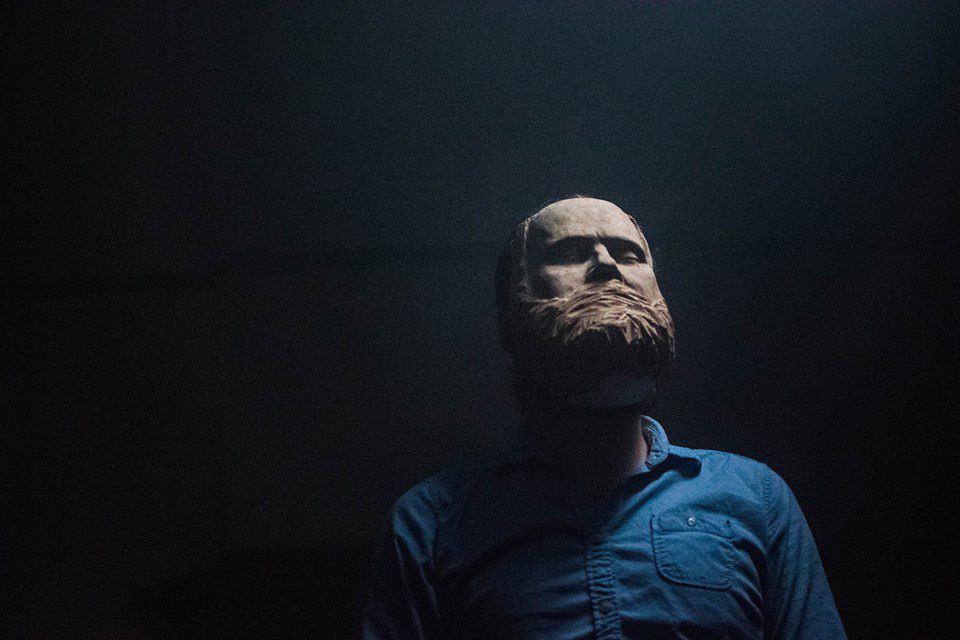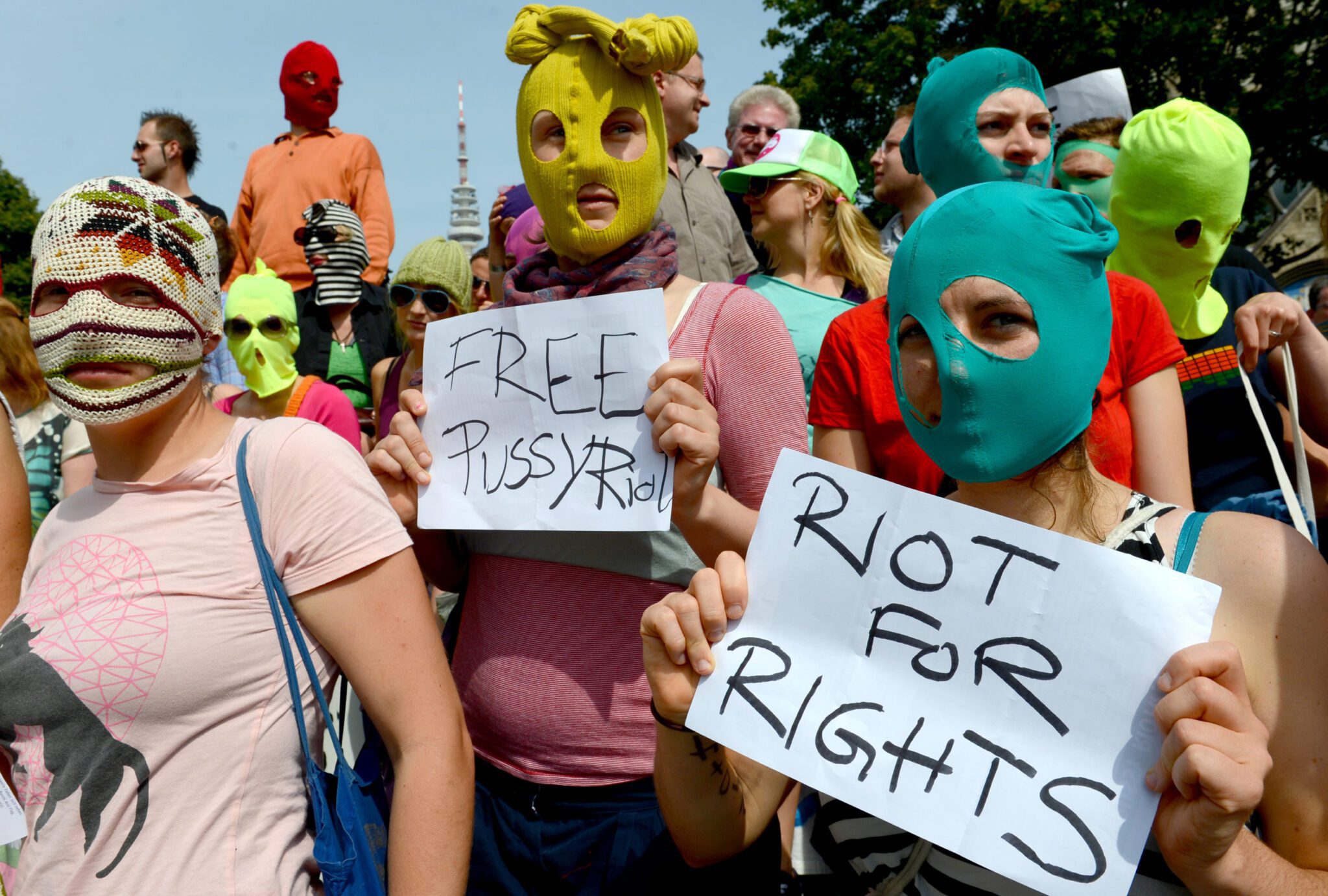
If you are paying attention to the political sector right now – and I’d be concerned yet impressed if you’ve managed to escape it – every day may feel like a battle. Those who have suffered depression will be uncomfortably familiar with this sentiment. The difference being: now we experience distress as a collective whole. Shared unrest can at least make us feel less solitary, but it comes with its own set of side effects. A sense of widespread and impending doom, for instance.
In times like these, it is easy to write off seemingly frivolous forms of catharsis. To put away pleasure and fortify yourself with facts instead. To bury the arts under a headstone reading: “Trivial.” I’ve certainly found it difficult to appreciate art at face value lately. How could I dare enjoy something pretty amidst the calculated intolerance being issued by our new government? Surely I’m not the only one who feels guilt and futility lest I’m actively educating myself on the matter or combatting it – on foot or on paper.
And then, as if she could feel our hearts breaking, our shame and impotence triumphing, a respected member of the New York music community wrote a post on Facebook urging artists and musicians:
“DO NOT BE AFRAID OR FEEL ASHAMED to spread your work, or promote your shows amongst this chaos! It is in no way selfish. The community you build with your work, and the shows you’re playing are helping people heal, and find togetherness, and give people a moment of goddamn peace. Do not let Drumph oppress your work. Artists, you are SO IMPORTANT especially in times like this. Use your magic.”
She was unassailably right, and I try to remember that statement every day. In a rare moment of optimism, my hope is to push her words further. To highlight that while dialectics and dissent and physical resistance are all of utmost importance right now, so too is the creation and support of art. To learn from previous art and make new work that addresses our current despair.
It is my personal belief that the best art is birthed from conflict, internal or otherwise, and not necessarily from a pure urge to depict beauty alone. This, incidentally, leads me to liking a lot of “unpleasant” music, literature, film, and visual art, as my friends and family could tell you. Otto Dix’s depictions of the First World War, Hemingway’s accounts of The Spanish Civil War, the IRA drama The Wind That Shakes The Barley, Thatcher/Reagan era punk music, and of course George Orwell’s 1984.
The latter two have a special relationship for me, and given 1984’s recent resurgence in popularity, I found it an apt tie-in to the importance of embracing the arts in trying times. This isn’t the first instance post-publishing that 1984 has been all over pop culture. Its sales spiked 5,771% after Edward Snowden leaked the NSA’s phone tapping secrets to the world. 30 years prior, punk bands of the late ‘70s and ‘80s found its text all too applicable to Margaret Thatcher’s reign in Britain, especially groups like Subhumans, without whom I may have never read 1984.
Subhumans’ 1983 debut record The Day The Country Died is essentially a 1984 concept album, with dystopian themes throughout. Specifically, Orwell’s masterpiece is referenced in the opening track “All Gone Dead” (“So long to the world, that’s what they said, it’s 1984 and it’s all gone dead”) and “Big Brother,” which makes references to the novel’s voyeuristic telescreen spying on its citizens. In hindsight, the record and the novel reveal eerie premonitions: today, a majority of the United Kingdom is monitored by CCTV cameras (1 for every 32 people, as The Guardian reported in 2011).
Currently sales of 1984 are up 9,500%, the novel reaching the top of the Amazon best-seller list in the days after Presidential Counselor Kellyanne Conway stated that Press Secretary Sean Spicer gave “alternative facts” when discussing the number of those in attendance at President Trump’s inauguration. This paradox uttered by Conway immediately reminded thousands of Orwell’s terms “doublethink,” which refers to “reality control” and “newspeak” – the eradication of independent thought.
What I find most remarkable, is that in spite of this shitstorm we’re facing, people are actually trying to better themselves in every way possible; taking time out of their weekends to schlep to JFK and resist Trump’s immigration orders, creating and signing petitions, and even simply reading a piece of relevant literature – swapping out fantasy fiction for something radical, political, and “unpleasant.”
The fact that the arts are intersecting with politics at a volume that hasn’t occurred in decades, to me marks the end of cynicism in the creative world. When pop stars like Sia and Grimes donate tens of thousands of dollars to the ACLU and CAIR, when countless performers turn down a large paycheck for the sake of their political integrity (the star-studded scoff at the Inaugural Ball, I mean), when commercial singers like Janelle Monae and Alicia Keys and Madonna show up at the Women’s March on Washington – you know there is a paradigm shift at hand.
It is a sign that art can be radical. Music can be radical. I am not saying we should all hold hands and sing “Kumbaya.” I am saying we should hold our fists in the air and sing Pussy Riot, and keep making music that is topical, and angry, and full of conflict. We should read Orwell and Marcuse and Debord, but we should also write the next 1984, and the next Reason and Revolution, and the next The Society of the Spectacle.
It seems to me that if we could focus all of our efforts – especially artistic efforts – with a critical and productive lens, if we could make every atom of our reality about discussing and re-shaping what we can no longer accept, then we have a shot at real progress. There is a time for art that perceives itself (but isn’t actually) in a vacuum. There is a time for post-modern distraction, and the navel-gazing art of identity politics, and artistic fetishizing of antiquity. Now is not that time.

